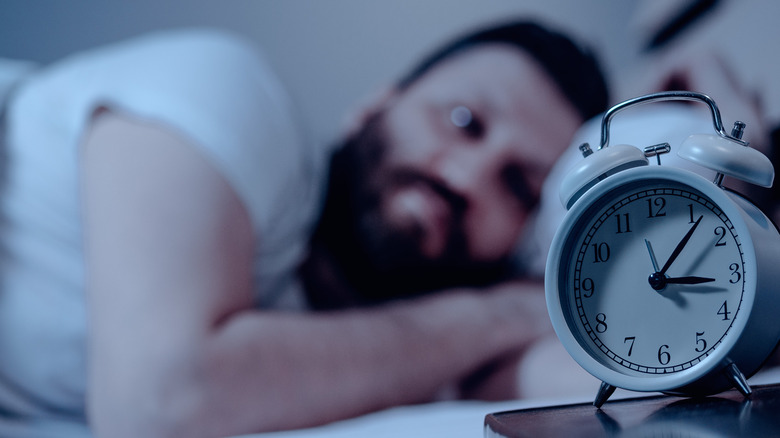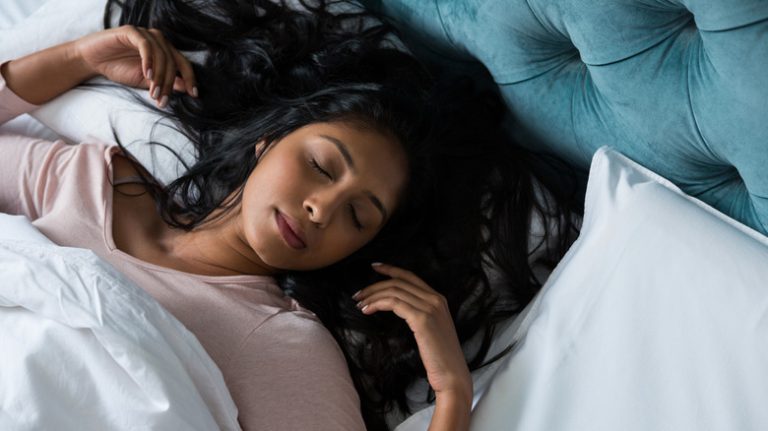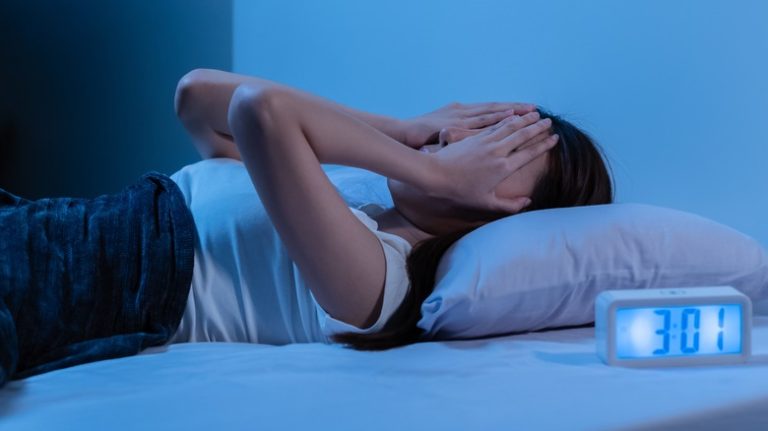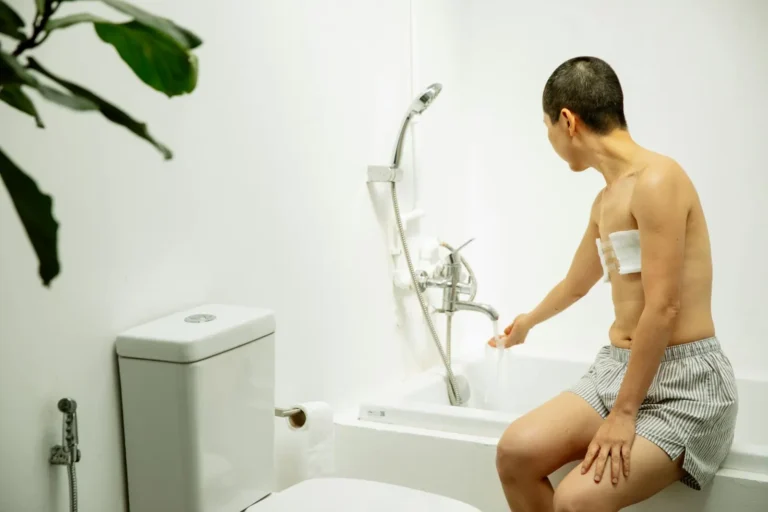Light is the driving force behind our natural circadian rhythm, according to the National Institute of General Medical Sciences. Shifting between the sunlight of day and darkness of night within a 24-hour period affects our behaviors and our physical biology — from hormone release to the regulation of our body temperature. At night, for example, our body produces melatonin in response to darkness, preparing our body for sleep. However, there are numerous ways in which this natural cycle can be interrupted.
One source of this disruption is artificial blue light, such as from our laptops or cell phones. Could moonlight have a similar effect? A 2024 study published in Current Biology revealed that in the days preceding and following a full moon, brain activity associated with deep sleep fell by 30%, time needed to fall asleep increased by five minutes, and an average of 20 minutes of sleep was lost each night.
Commenting on these findings, lead study author and biologist Christian Cajochen states via Science, “A lot of people are going to say, ‘Yeah, I knew this already. I never sleep well during a full moon.’ But this is the first data that really confirms it.” There is a growing body of research showing similar results.
The full moon keeps you up, but it might not be moonlight

There is still debate in the scientific community regarding the validity of these claims. For example, as the Sleep Foundation points out, moonlight gives off only 7% of the brightness that sunlight does — making our electronics a more significant light source than the moon.
Even so, a 2024 study published in Science Advances found that lunar cycles may still have a pull on our quality of sleep. Using wrist monitors to analyze the sleep patterns of people across three different indigenous Argentinian communities, researchers discovered that in the three to five days before a full moon, participants experienced decreased sleep duration over the course of the night, as well as increased wakefulness at night (via mindbodygreen). Interestingly, this proved true across communities in both rural and urban settings, ruling out light exposure from electricity as a possible contributing factor. These findings also proved true when the same researchers analyzed a previous study of more than 400 Seattle-based students.
However, due to modern day lighting, researchers theorized that the students likely received less moonlight exposure than the indigenous communities they studied (via mindbodygreen). Therefore, moonlight could not be definitively deemed the cause for the sleep changes observed in both studies. Instead, some scientists believe that the moon’s gravitational pull may potentially play a role, but more research is needed to figure out exactly what is keeping you awake.







